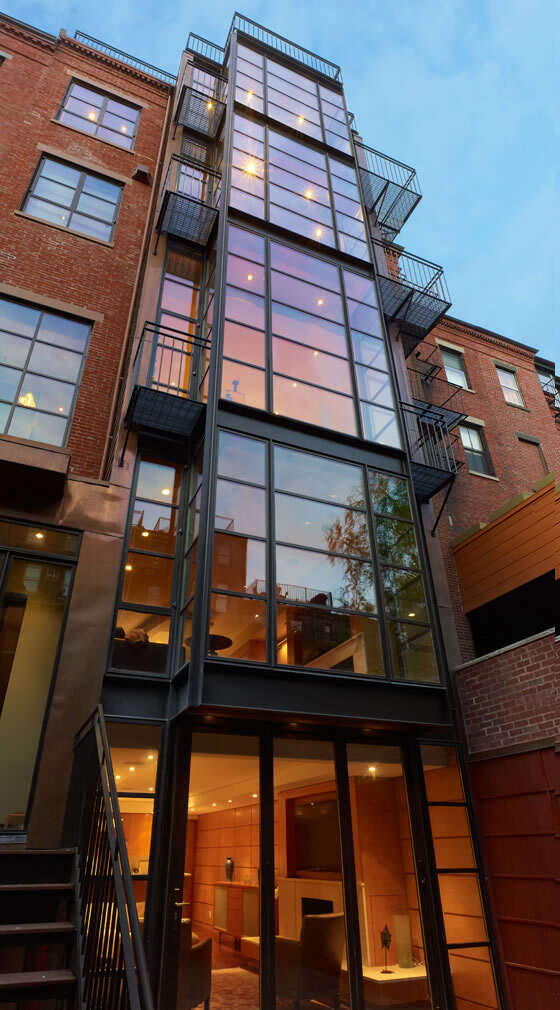Hope’s Windows, Inc., the nation’s leading and most experienced manufacturer of custom-designed, solid hot-rolled steel and solid bronze window and door systems, announces the Steel Window Institute (SWI), of which it’s a member, celebrated 100 years in service to the steel window and door industry.

Since its inception in 1920, SWI’s mission has been to serve the manufacturers of windows and doors made from hot-rolled purpose-made steel sections while working to demonstrate the benefits and attributes of steel windows and doors to architects and other design professionals. Today, the member companies of SWI represent more than 300 collective years in the industry, allowing SWI to serve as an unbiased authority on technical, promotional, and other matters that pertain to the ever-changing needs of the steel window and door industry.
Over the years, SWI has worked tirelessly to develop and maintain numerous technical resources, including the Steel Window and Door Specifications and Detention Specifications. These specifications provide clear instructions on the intent, performance, and construction of steel windows and doors. They also establish a standard of excellence by including rigorous testing to meet air, water and structural requirements to ensure a high-performing, quality product. SWI’s specifications have been recognized by government agencies like the U.S. Department of Defense.
“In adhering to SWI’s high standards and testing criteria laid out in the voluntary specifications, SWI member companies achieve a level of quality that other manufacturers can’t touch,” says Hope’s Windows Director of Marketing Heather Oberg Fagan.
All steel windows are not made the same. Many newer steel and aluminum window manufacturers use flat sheet steel, which they cut and bend into different shapes, to construct their window frames. This material does not compare to the solid, hot-rolled steel profiles used by Hope's and SWI member companies in terms of strength and durability.
Additionally, customers will notice a difference in the superior thermal technology associated with hot-rolled steel. While steel naturally conducts heat/cold at a much slower rate than aluminum, in today's processes, industry standards call for a thermal break. Many steel manufacturers offer a thermal break with the same technology as an aluminum window, where the steel is “broken” to allow for a thermal insulator, disrupting the integrity of the material. Hope’s Thermal Evolution technology bonds the thermal material to the solid steel so that the steel frame is never broken.